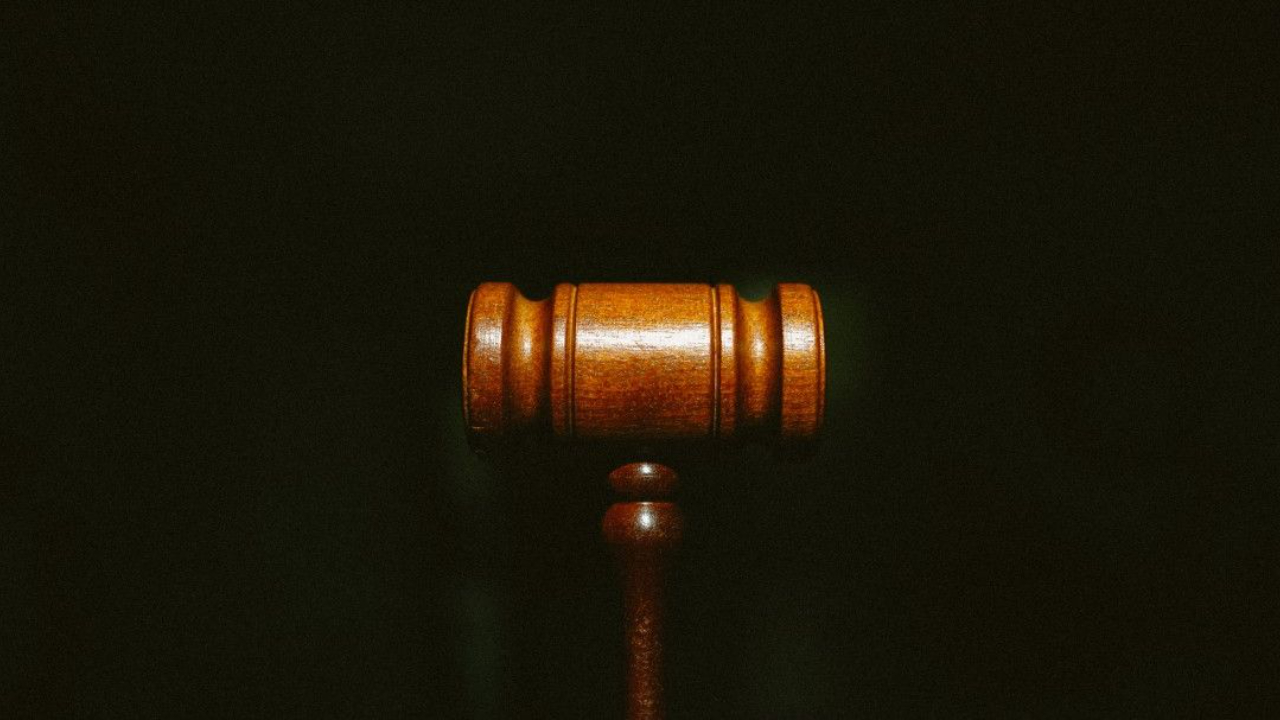Simple Yet Powerful Strategies For Your Opening Statement From A 20+ Year Trial Vet
Jul 18, 2024
In 80% of cases, there is a correlation between the ultimate verdict and the verdict that the jurors would have rendered after opening statement.
In fact, many jury consultants advise that jurors only have a 17-minute attention span. The first 17 minutes of your opening statement may therefore be the most important part of your case.
Being a trial lawyer for the past 20+ years has taught me that, especially when it comes to opening statements, simplicity is key. Here are simple yet effective ways to approach your opening statements:
When it comes to the mini-opening...
The trial judge should allow a brief opening statement by counsel for each party prior to the commencement of the oral questioning phase of the voir dire process. (California Code of Civil Procedure § 222.5)
Do not “oversell” your case in your mini-opening. If you are too persuasive and jurors begin to show a tendency to favor your client, the defense may pick up on this and dismiss those jurors for cause during voir dire.
Lay out the basic facts in the light most favorable to your client, but save your best points for your actual opening statement.
Use your opening statement to educate the jurors.
During opening statement, identify your key witnesses and let the jury know a little bit about them.
In addition, identify your key evidence and give the jury a glimpse of what they will be seeing during trial. Be careful when you discuss a witness or evidence during opening statement that you have some doubt will testify and/or that the evidence will be admitted. Tell the jury that they may hear from the witness, but circumstances may occur where the witness is not called.
Go ahead and point out defendant’s position in the opening statement, and what evidence defendant has to support that position, but explain what evidence you have that will counter defendant’s position.
It is better for you to point out the biggest weakness in your case than for the jury to hear them first from defendant.
Practice your opening statement – but do not memorize it.
Once you have prepared your opening statement, practice it in front of people, or record a video of yourself practicing to watch and self-critique later. However, do NOT read your opening statement from a prepared script, as it might give off the wrong impression to the jurors, defense, and judge.
If needed, have an outline prepared and refer to it when necessary. Have a list of the evidence, topics, or issues that you MUST cover in opening statement. Before you sit down, refer to this list to make sure you have addressed them all. If not, take a moment to do so.
Use demonstrative aids in your opening statement if permitted by the court.
In most cases the judge will not allow the use of demonstrative aids unless stipulated to by the attorneys. However, the use of visual aids during opening statement is very beneficial.
Use time lines or power point presentations to keep the jurors engaged. If you are using a PowerPoint presentation, do not present too much information for the jurors to read at one time.
You want jurors to be watching and listening to you, not reading from a chart or a document. If you have videotaped depositions of witnesses, use very limited excerpts from these during opening statement if your judge permits it.
Keep it brief, however, and play only the key parts of a witness’s testimony.
Refer to money damages in your opening statement.
At the end of your opening statement, let the jurors know that you are going to ask them to award damages to your client.
Do not shy away from this but state it clearly and directly: “At the end of this case, I am going to come back and ask you to award damages to my client in the amount of x.”
Remember, especially in your opening statement, maintaining your credibility is key.
Do not make any promises during opening statement that you cannot keep.
If you say in opening that you will present evidence and then you do not, a good defense attorney will get a copy of your opening statement and point this out during closing argument. And absolutely do not make personal insults about the defendant or the defendant’s counsel.
Look each juror in the eye at some point during opening statement. Following voir dire, you should know the jurors that you feel are most likely to favor your client. Empower them; speak directly to them; make them feel special. On the other hand, do not stare at them so much that it gets uncomfortable and do not ignore the other jurors.
Show respect for your client and convince the jurors that you like your client, you believe your client, and you trust your client.
Call the defendant by name and do not hesitate to point to him and refer directly to him during opening statement.
—
Thanks for reading! This is an excerpt from my book, The Trial Lawyer's Bible which I'm giving away to anyone who wants a physical copy. If interested, leave a comment or send me a message!

